In a society with increasing uncertainty, the role required of universities will change.
Nowadays the population is declining.The challenges surrounding the region are extremely complex.In addition, the corona wreck has further increased the uncertainty of society, highlighting the importance of the ability to adapt to change.
Under such circumstances, the role required of universities, which are the bases of knowledge, is changing. "We will become the core of the region and connect education with vocational education and education with new industries."
It can be said that there are increasing expectations for human resource development efforts at universities in the future.In order to produce human resources that will bring about change in the region and society, it is necessary to develop human resources that are integrated with exits in collaboration with local companies, rather than being completed within the university.
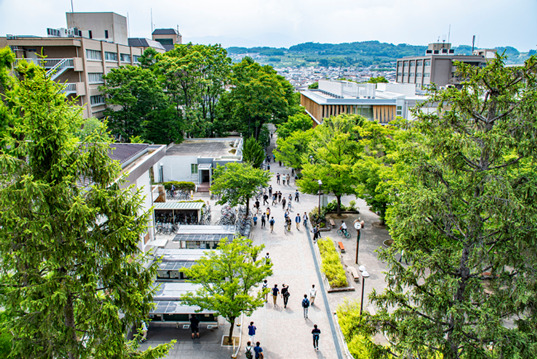
What is the "ENGINE" program, a human resources creation program that redefines and redefines regional core industries?
Shinshu University, together with the University of Toyama and Kanazawa University, launched the human resources creation program "ENGINE" to redefine and redefine the core industries of the region from the second year of Reiwa.
The keywords are connection, innovation, and breakthrough.We will reconsider the core industries that have supported the region, such as transportation, food, tourism, and infrastructure, by "connecting" with various regions and sectors, and develop human resources who can challenge the "innovation" of the next generation of core industries. By doing so, we aim to "break through" the current situation and lead to an attractive community.
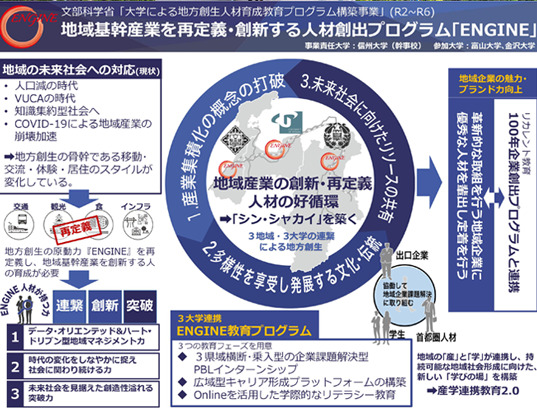
This "ENGINE" program has three characteristics.
The first feature is that it is a wide-area educational program that transcends prefectural areas.Until now, regional revitalization has been carried out in units such as prefectures and municipalities.However, ENGINE goes beyond the conventional framework of regional revitalization and is taking on the challenge of solving regional issues in collaboration with companies in 1 universities, 3 prefectures, and 3 prefectures.
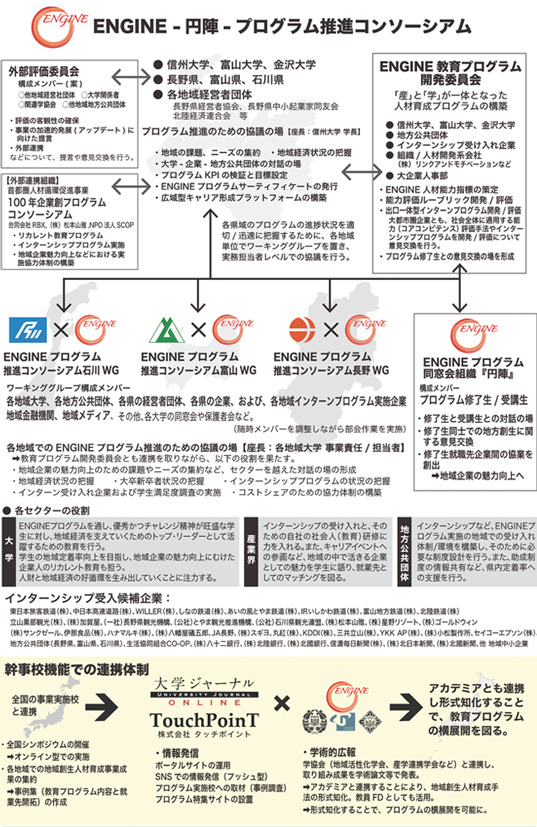
The second feature is that the requirements for transforming human resources required in the region are defined as "rubrics (= human resources ability evaluation index)".What kind of ability do the transforming human resources who embody the three keywords of cooperation, innovation, and breakthrough have?To clarify this, we conducted web questionnaires, interviews, and workshops for local companies. I created a rubric consisting of 2 items.This makes it possible to objectively evaluate what kind of state should be aimed at to become a transformational human resource in the region, and how far the subject has achieved.
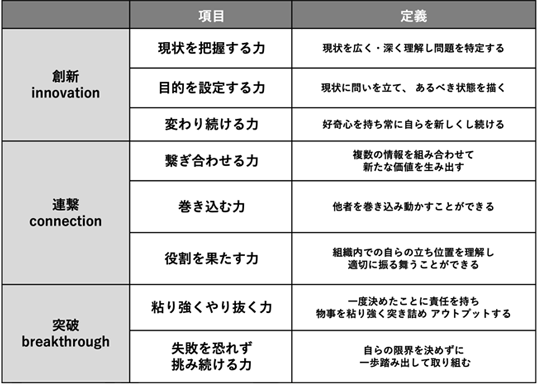
The third feature is that it provides educational opportunities in stages according to each grade. We divide each year into three phases and set up a framework common to all three universities. The first year is the literacy enhancement phase.While touching on the significance of working at a local company, we will cultivate "data-oriented" thinking ability to grasp things from a bird's-eye view.
The second year is the career development phase.By interacting with people who actually work in the community, we will understand what is required when working in society and what is necessary to work.
The third year is the practical ability strengthening phase.By practicing project-based learning (PBL), we will work on a collaborative internship between three universities to solve corporate issues in the region.
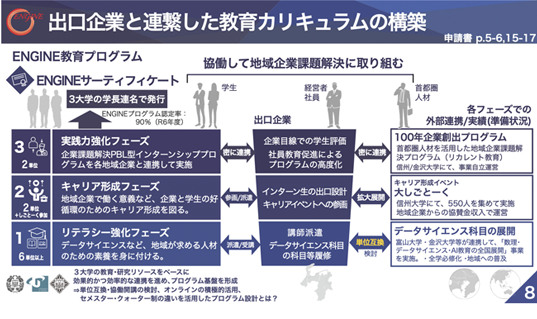
The 2021 "ENGINE" program, which "breaks through" the current situation despite worries
In the 2021 "ENGINE" program, we conducted an internship prototype that solves corporate issues, which is the phase of strengthening practical skills.The goal of this program is "to participate in" ENGINE "after 2022 and create content that will be a" trigger "to become a human resource who wants to redefine and redefine the core industries of the region."Specifically, by covering the area, deepening understanding, and completing video content, students themselves will grow into transformative human resources while being aware of and embodying rubrics, and juniors who can become transformative human resources in the future. This is a half-year program aimed at connecting hebatons.
19 students participated.We have organized a total of 3 teams, 1 senior teams and 1 4st grade team, across universities.The senior team will produce video content featuring transformative human resources who are active in their respective regional companies, and the first grade team will produce video content featuring those senior students.The faculty members of each university or members of Link and Motivation Co., Ltd., who are involved in program design, joined each team as advisors and provided feedback to the students.
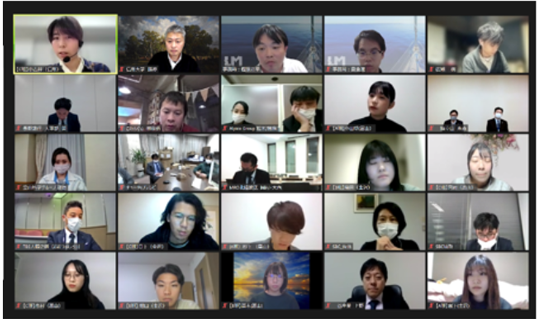
Most of the students have no experience in producing video or working with companies.Among them, the task of planning what kind of video content to make, contacting local companies, proposing content, conducting interviews, and summarizing it in a 5-minute video was imposed.Moreover, because of the corona sickness, communication between students is almost online.The hurdle is by no means low.
Although we started from team building, many students were worried immediately.
"Although we formed a team, there are many members from other universities, and we do not know what kind of person each other is. Therefore, we had a discussion about how to use the group LINE. People who want to communicate casually, including chats, collide with people who want to build relationships. Sometimes I was confused about what to do with this situation. "
However, even under these circumstances, I was able to "break through" the current situation with my own hands.
"It's important to digest tasks and build relationships, if you think about it. So, I searched for a way to realize both feelings. And," Agenda before the meeting. I came up with the solution of "making". "
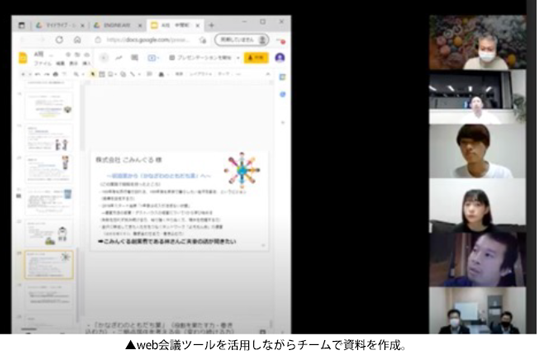
Also characteristic of the program was the high commitment of the students.During the heavy snowfall, some students went to a local TV station to ask for advice.How could the students commit so much with enthusiasm?Mr. Kashihara of Link and Motivation, who was involved in the program creation, says.
"We also dared to set a high standard for students. We were about to compromise in the face of corona stigma, but we swallowed it for the student's own growth. Students often follow us. I think they came. Also, the follow-up of the faculty members is great in the background. That should have led to the awareness and support of the students themselves. "
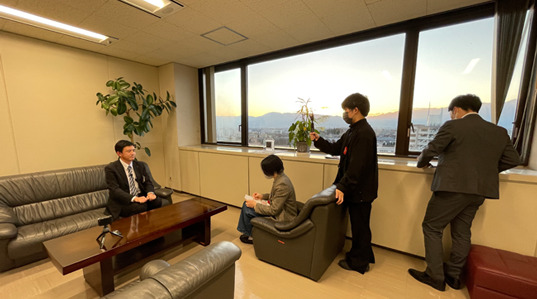
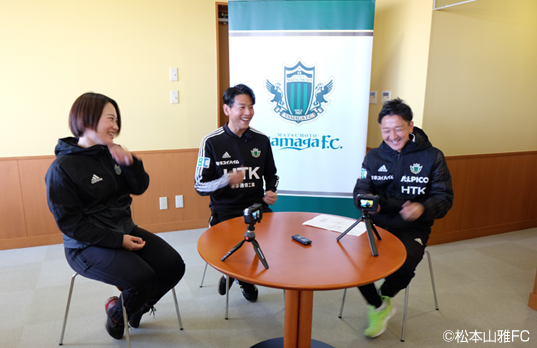
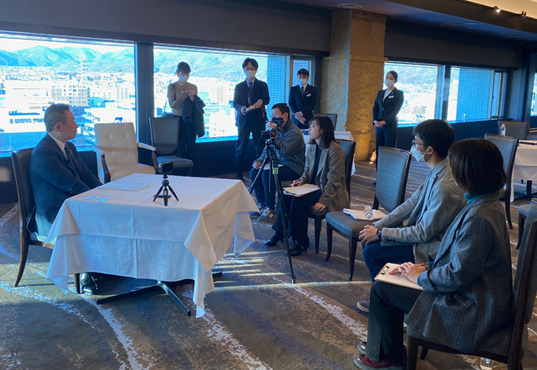
Then, the program went on and we went to a company interview.Students consistently worked on everything from instructing the selection of personnel to assign to the company to creating question items and actual interviewers.It is said that there was a lot of learning in the process.
“When I'm interviewing, I sometimes notice values that are unique to that person. That was a very good experience,” says some students who have broadened their horizons by being exposed to diverse values. "The important thing is not what you want to convey, but what the other person wants to convey. That's why I started to concentrate on creating a situation where the other person can easily talk," touched on the depth of the interview. Students too.It seems that he strongly recognized the importance of "connecting" to interact with different people.And, even if you are not used to video editing, you can catch up with your skills.As a culmination of the program, nine corporate interview videos and three student interview videos were produced.
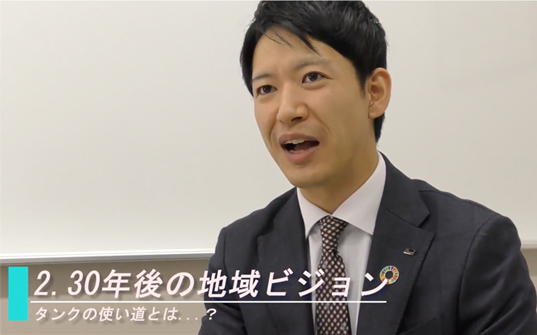
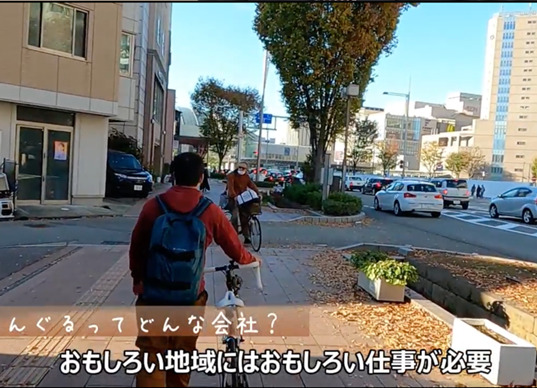
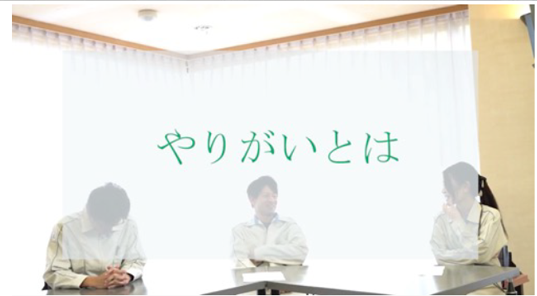
What kind of scenery did you see after finishing the program?
After the half-year program, students and faculty members gather online to hold a retrospective meeting.We followed up each student's learning in the light of the rubrics.Mr. Kokoi, a second-year student at Shinshu University, mentioned "the power to get involved" as a power that he especially wants to develop from the rubric items.
Also, Mr. Masuda, a fourth-year student at Kanazawa University, said
"I felt the importance of relying on the program. I just get in the way of my pride and try to accomplish it on my own, but by saying that I can't do what I can't do, things move forward and I myself. It made me easier. I thought that by relying on people, I could reach places I hadn't imagined and involve people involved. "
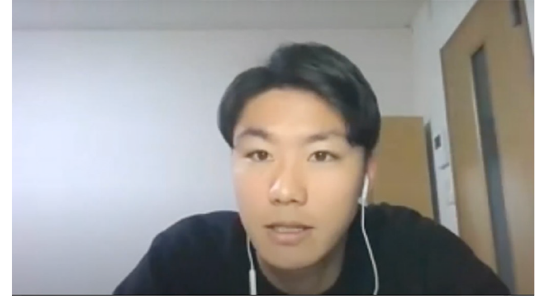
And hot ales are flying from the teachers.
"I'm sure you all climbed a high mountain. The scenery you can see from there is your own experience. Please tell your juniors what kind of scenery it is, not the end because you climbed it."
"I would like you to imagine what your mission is. What value do you want to provide to society? A small challenge to tackle with an eye on the future image is big around you. It will have an impact. Please continue to be one step ahead of the same generation. "

Finally, each student talked about his aspirations and the 2021 "ENGINE" internship debriefing session was over.There, the frank thoughts of the students who had a higher perspective were spoken.
"I want to develop the" ever-changing power "of the rubric. To that end, it is important to clarify how I want to change. I want to pursue it while digging deep inside myself. "
"From now on, I think I have to be in a position to raise a flag and invite myself, not in a position to be invited. "I want to be myself."
"Honestly, in my student life, I thought that if I worked, I would be in Tokyo rather than in the region. But after participating in" ENGINE, "I began to feel the value of the region. I plan to get a job in Tokyo. However, I feel that I have to be involved in the region eventually. I think that all the people gathered here are friends who have that kind of feeling. "
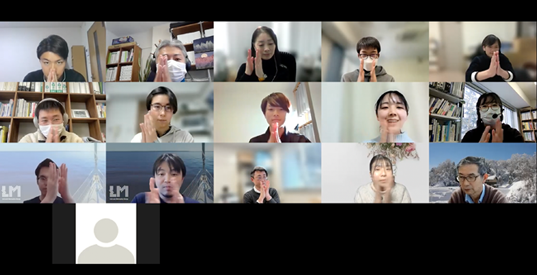
From human resource development to solving regional issues.Towards a new "ENGINE".
The "ENGINE" program is in its second year.The results you have made are by no means small.Creating a scheme to work on human resource development in the region beyond the prefecture.Creating an example of a local company committing to human resource development not to solve its own business problems but to solve local problems.Such efforts that transcend prefectures and sectors should present the possibility of solving new regional issues that have never been seen before.
From 2022 onward, we will finally face not only human resource development but also the actual solution of regional issues. "ENGINE" will continue to evolve based on the results produced in 2021.

